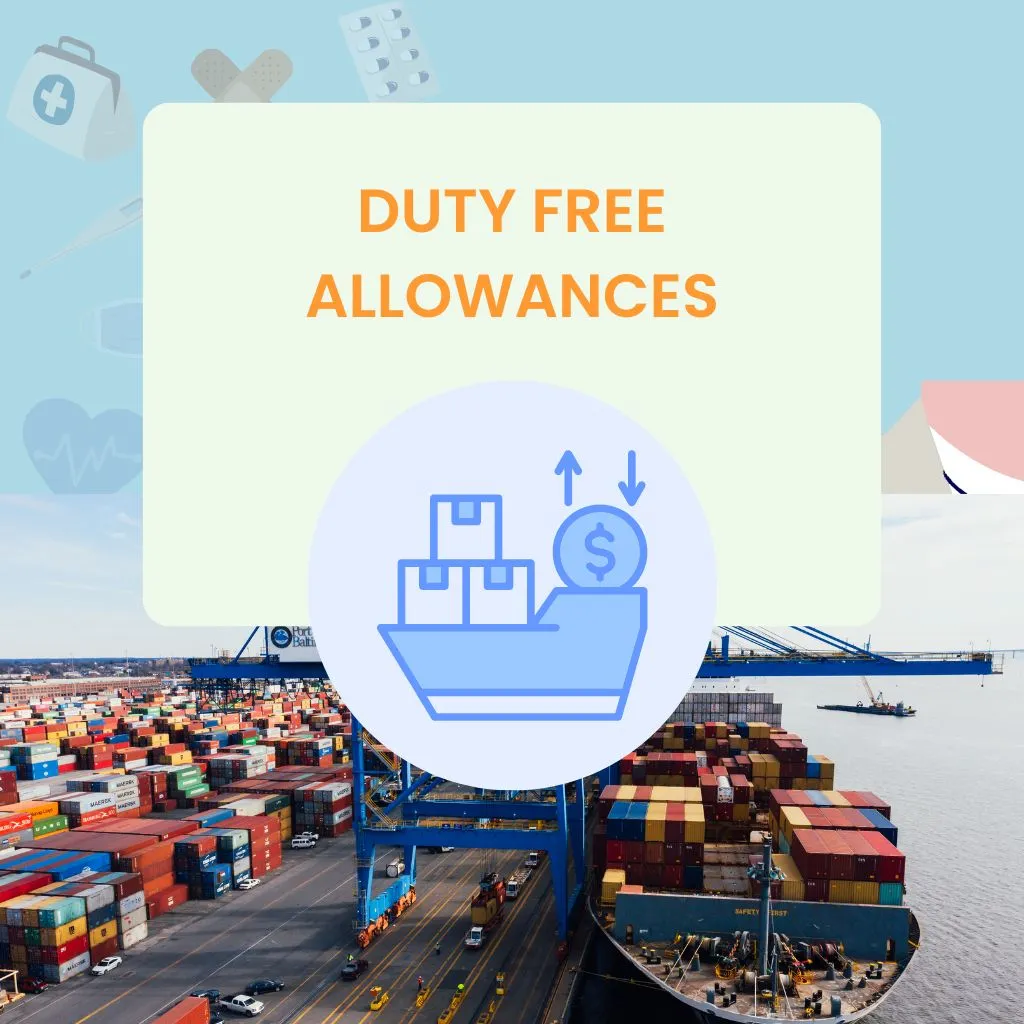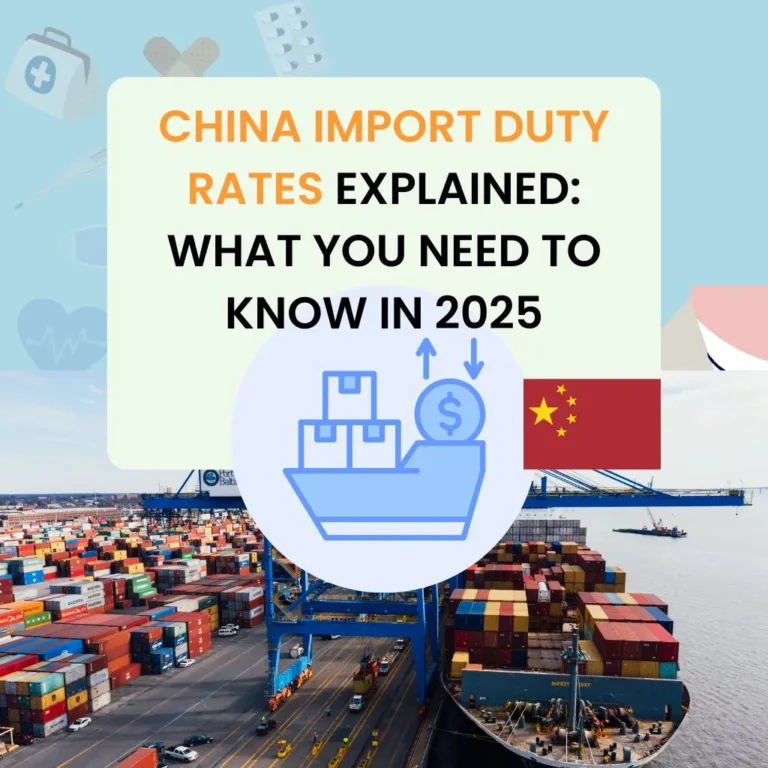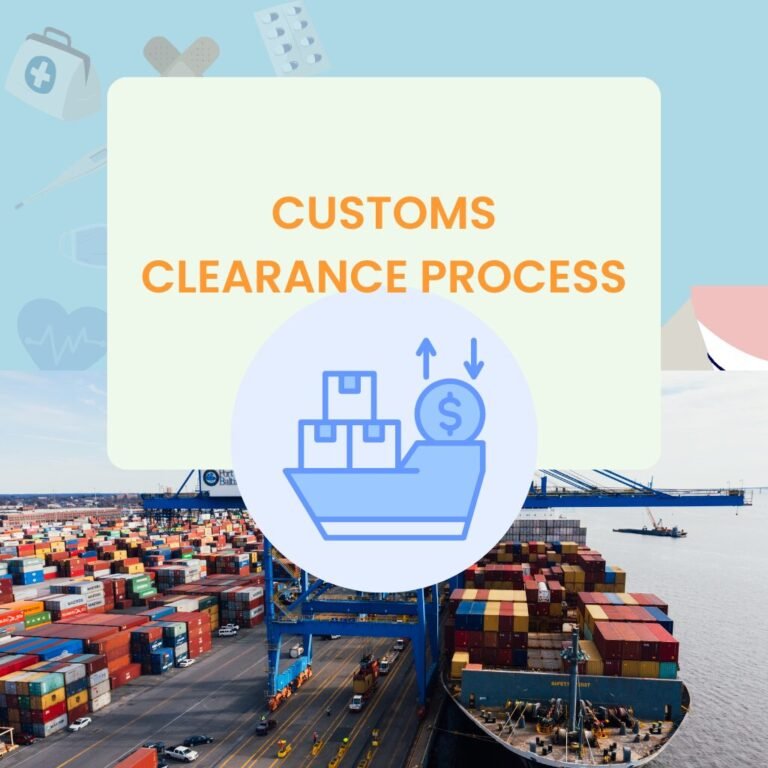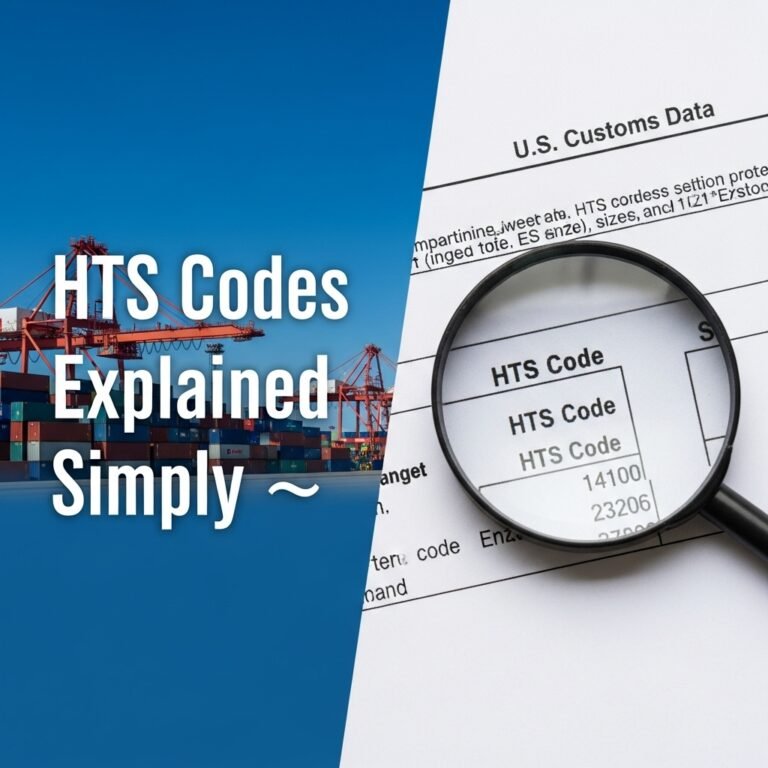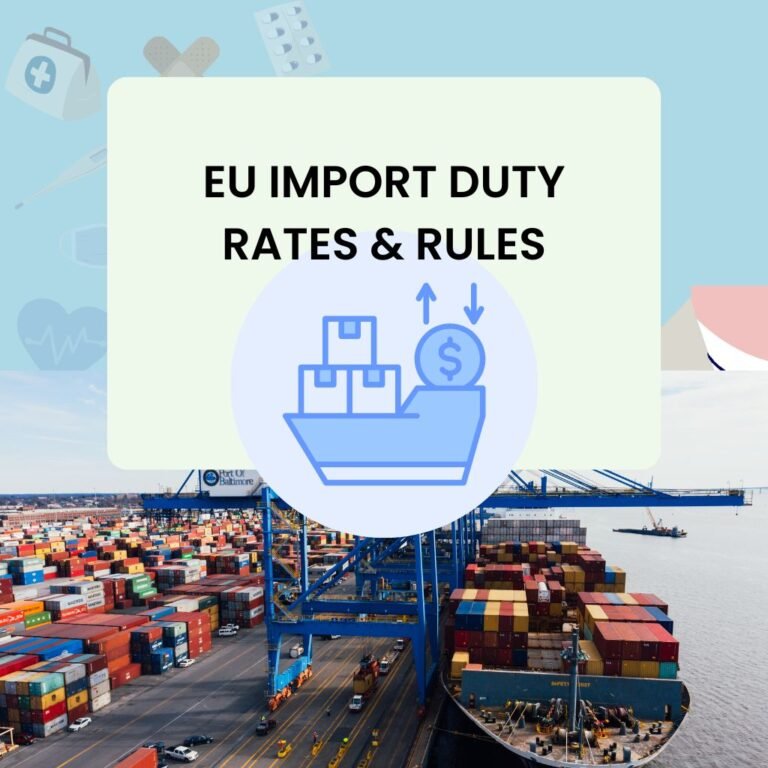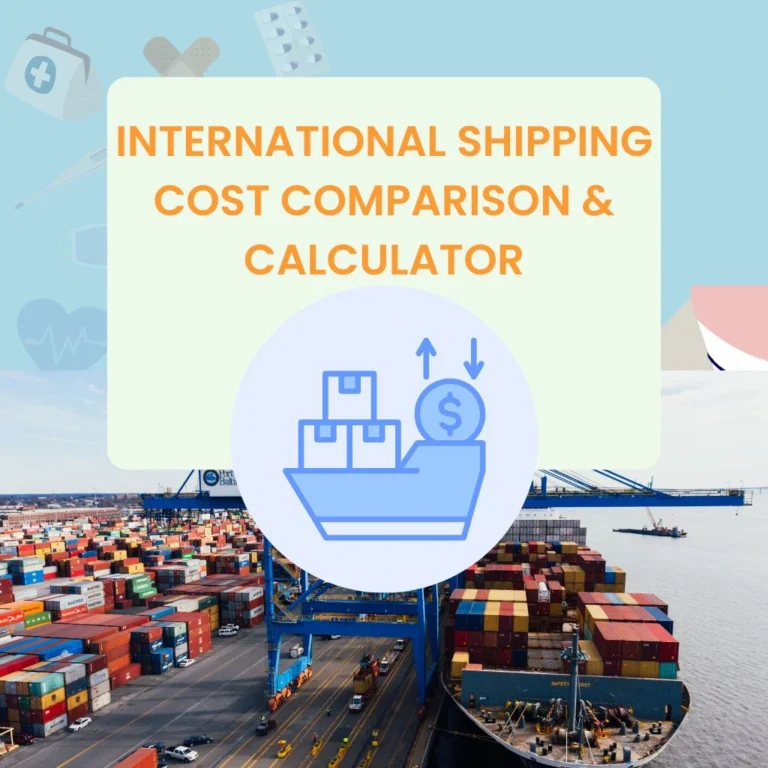Duty Free Allowances – What You Can Bring
Duty free allowances let travelers bring certain goods—like alcohol, perfume, and gifts—into a country without paying import taxes. But each country sets its own limits, and exceeding them can lead to unexpected duties or fines. Understanding these rules helps you shop confidently and clear customs smoothly when returning home from international travel.
TOC
Table of Contents
What Are Duty Free Allowances?
A duty free allowance refers to the quantity or value of goods that passengers can bring into a country without paying import duty or other border taxes. These exemptions are designed for personal use, not for resale or commercial importation.
When you enter your home country after international travel, customs officers assess the total value of your purchases. If your items fall within the allowable duty-free limits, no additional taxes apply. If you exceed these limits, import duty, consumption tax, or excise duty may be charged.
Common categories covered by duty-free rules include:
- General goods such as clothing, electronics, cosmetics, and souvenirs
- Alcoholic beverages like wine, beer, and spirits
- Tobacco products, including cigarettes, cigars, and pipe tobacco
These rules are typically enforced by national customs authorities, such as the U.S. Customs and Border Protection (CBP), the UK’s HM Revenue and Customs (HMRC), the Australian Border Force (ABF), or the Canada Border Services Agency (CBSA).
Why Duty Free Allowances Exist
Duty free systems are not simply marketing strategies for airport stores. They serve specific economic and administrative functions:
- Simplify customs clearance for low-value goods, avoiding unnecessary paperwork for travelers.
- Encourage tourism and spending by providing tax savings at airports and seaports.
- Support international commerce and cross-border travel.
- Generate airport retail revenue while keeping compliance simple for individual passengers.
In short, duty free allowances balance convenience for travelers with the government’s need to regulate imports and maintain revenue collection.
How Duty-Free Allowances Work
When you arrive at an international airport or seaport, you must pass through customs. Travelers are categorized based on whether they have goods to declare. Those within the legal duty free limit use the green channel, while those exceeding it must use the red channel.
The allowance system generally considers two key thresholds:
- Monetary value limit (the total value of all goods combined)
- Quantity limit (for specific restricted items such as alcohol or cigarettes)
If your total purchase value is under the set limit, your items are duty free. If not, you must declare them and pay customs duty or other applicable taxes on the entire amount.
For example, a traveler entering Australia with 2.25 liters of alcohol and AUD 800 worth of clothing is under the limit. But bringing AUD 1,500 worth of electronics requires declaration and payment of Goods and Services Tax (GST) and import duty.
Global Duty Free Allowance Limits
Different countries maintain different thresholds for duty-free exemptions. Below are common examples (approximations may vary depending on regulations or time away from home):
| Country | General Goods Limit | Alcohol Allowance | Tobacco Allowance |
|---|---|---|---|
| United States (CBP) | USD 800 | 1 liter | 200 cigarettes |
| United Kingdom (HMRC) | £390 | 4 liters of spirits or 9 liters of wine | 200 cigarettes |
| European Union (EU) | €430 (€300 for land travel) | 1 liter spirits or 4 liters wine | 200 cigarettes |
| Australia (ABF) | AUD 900 per adult | 2.25 liters alcohol | 25 cigarettes |
| Canada (CBSA) | CAD 800 (after 48h absence) | 1.14 liters spirits or 1.5 liters wine | 200 cigarettes |
| Japan (Customs Japan) | JPY 200,000 value | 3 bottles (760 ml each) | 200 cigarettes |
These allowances usually apply to travelers returning after at least 48 hours abroad. Shorter trips may qualify for lower exemptions. Always check your local customs agency’s latest rules before traveling.
Duty Free Alcohol Allowances
Alcohol is one of the most tightly controlled categories in international customs. Each country enforces strict quantitative limits for alcohol imports to regulate consumption and taxation.
Typical allowances include:
- Spirits (vodka, whisky, rum): 1 to 2 liters
- Wine: 2 to 4 liters
- Beer: up to 16 liters in some EU nations
Additional conditions apply:
- You must be of legal drinking age (18 or 21 depending on the country).
- Bottles must remain sealed and labeled for personal use.
- Mixed combinations are often permitted (e.g., half of the spirit limit and half of the wine limit).
- For connecting flights, alcohol must be packed in secure, tamper-evident bags (STEBs).
Example: A passenger flying from Singapore to London may buy four liters of wine duty-free. But if connecting through Dubai, bottles must remain sealed until final arrival.
Tobacco and Cigarette Limits
Tobacco imports are heavily regulated because of public health policies and excise tax structures. Duty-free tobacco limits vary worldwide but generally include small quantities for personal consumption.
| Country | Cigarettes | Cigars | Loose Tobacco |
|---|---|---|---|
| United States | 200 | 100 | 250 grams |
| United Kingdom | 200 | 50 | 250 grams |
| Australia | 25 | 10 | 25 grams |
| European Union | 200 | 50 | 250 grams |
| Japan | 200 | 50 | 250 grams |
Countries like Australia and New Zealand have significantly reduced tobacco allowances to discourage smoking. Customs officers may also seize excess quantities or impose fines if undeclared.
Are Gifts Included in Duty Free Allowances?
Yes, gifts are usually included in your total duty-free limit. Customs calculates the overall value of all goods you’re bringing in — whether purchased for yourself or others.
For instance, if the UK limit is £390 and you bring home £200 in gifts plus £250 in cosmetics, you exceed your allowance and must declare all items.
Exceptions exist for small, unsolicited gifts mailed from friends or family overseas, which may qualify under low-value import thresholds. However, these vary by country. To avoid misunderstandings, always keep receipts or proof of purchase.
Do Duty Free Goods Need Declaration?
Travelers often assume that “duty-free” means “no declaration required.” In reality, all duty-free items must still comply with national customs regulations.
When passing through customs, two main lanes exist:
- Green Channel: for travelers within duty-free limits
- Red Channel: for travelers declaring goods above limits
If you’re uncertain whether your goods exceed the threshold, it’s safer to use the red channel. Voluntary declaration usually avoids penalties, while undeclared excess items can lead to fines, confiscation, or even legal charges in severe cases.
Example: If your destination allows two liters of alcohol but you bring three, you must declare the total quantity. Customs may tax the full amount or require you to surrender the extra bottle.
What Happens If You Exceed Duty Free Limits?
Exceeding your allowance isn’t illegal, but it means customs duty and taxes will apply.
Three main outcomes are possible:
- You pay import duty, VAT, or GST. Customs will assess taxes on the full value, not just the amount above the limit.
- Partial confiscation. Restricted or excess quantities, such as tobacco or luxury alcohol, may be seized.
- Administrative fines. Failing to declare items or providing false information can lead to penalties and inspection delays.
Honesty with customs officers is always the best policy. Most countries prioritize transparency over punishment for small excess amounts.
Special Cases and Exceptions
Connecting Flights
If your trip includes multiple international connections, your final destination’s customs rules apply. Goods purchased in transit are assessed at the point of entry into your destination country, not where they were bought.
Online Duty Free Preorders
Many airports now allow travelers to preorder items online and collect them at departure. These purchases still count toward your personal allowance and must be declared on arrival.
Goods Sent by Mail
Items shipped separately by courier or postal service are considered imports, not personal baggage. They do not qualify for duty-free treatment and are subject to normal import duties and taxes.
Duty Free Allowances for Returning Residents
Returning residents may be eligible for special exemptions when bringing back personal belongings or household goods. These typically apply to items owned and used for at least 12 months.
Examples:
- U.S. residents returning after 48 hours abroad can claim an $800 exemption per person.
- Canadian residents returning after 7 days can claim CAD 800.
- Australian residents may bring AUD 900 in general goods duty-free.
Used personal effects such as clothing, books, and electronics typically qualify for full exemption if not intended for resale.
Duty Free Tips for Travelers
- Check the official customs website of your destination before departure.
- Keep all purchase receipts and invoices to confirm value.
- Respect quantity limits on alcohol and tobacco.
- Declare honestly at customs to avoid fines or seizure.
- When in doubt, buy less — excess goods can be taxed or confiscated.
- Keep duty-free liquids sealed in approved tamper-proof bags if connecting through multiple airports.
FAQs
How much can I bring duty-free?
Most countries allow duty-free goods worth $300–$900, plus alcohol and tobacco within set limits. Rules vary by destination.
What is the alcohol limit for duty-free?
Commonly 1–2 liters of spirits or 2–4 liters of wine. For example, the U.S. allows 1 liter, while the U.K. permits up to 4 liters of wine.
Do gifts count toward duty-free limits?
Yes. Gifts are included unless exempt under specific low-value thresholds—like under $100 in some countries.
Do I have to declare duty free goods?
Yes, if your purchases exceed the allowance. Declare them at customs to avoid fines or confiscation. When unsure, use the red channel.
Can I combine duty-free limits across travelers?
Some countries allow family members to pool allowances, but others require each traveler to stay within their own limit.
Are duty-free rules the same worldwide?
No. Each country has its own rules on value, quantity, and eligible goods. Always check the destination’s customs website before traveling.


